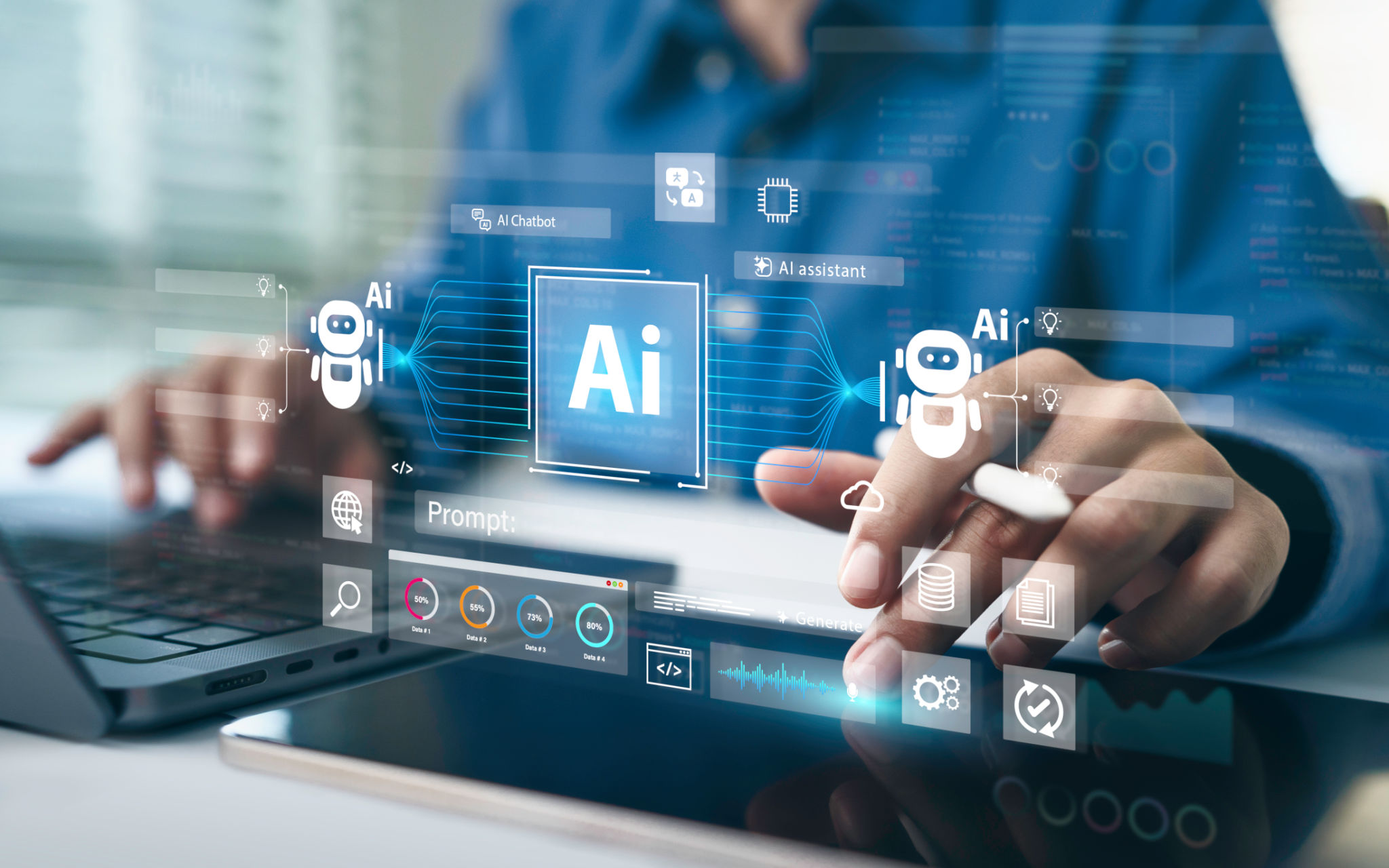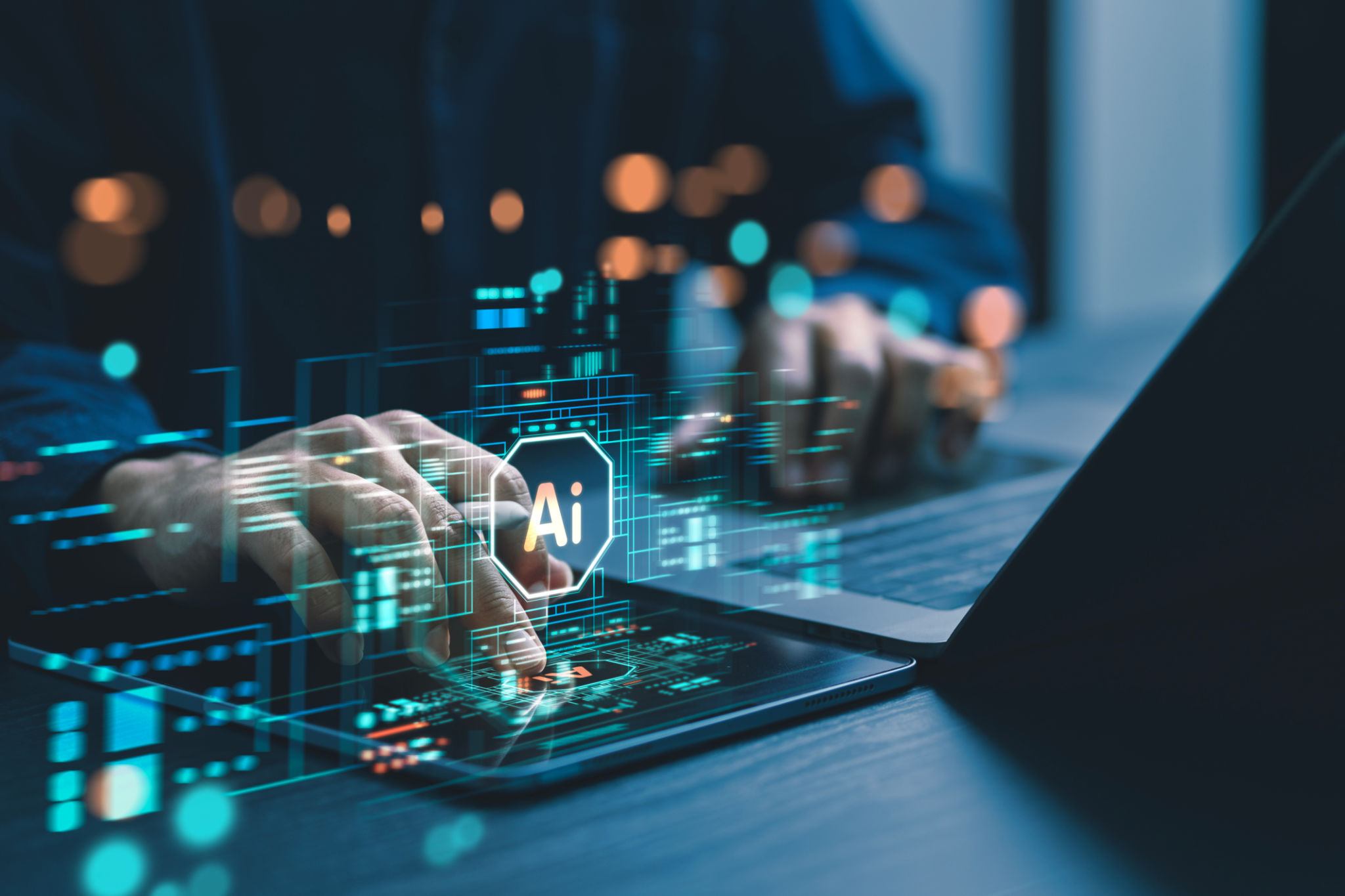Common Misconceptions About AI Tools Debunked
Understanding AI Tools
Artificial Intelligence (AI) tools have rapidly become integral to various industries, transforming how businesses operate and making processes more efficient. However, despite their growing presence, there are still many misconceptions surrounding these technologies. In this post, we will debunk some of the most common myths about AI tools and provide clarity on their true capabilities.

AI Replaces Human Jobs
One of the most pervasive myths is that AI will lead to massive job losses. While it's true that AI can automate certain repetitive tasks, it is more accurate to say that AI changes the nature of work. Rather than replacing humans, AI tools often complement human skills, allowing workers to focus on more strategic and creative tasks. Industries are evolving to integrate AI, creating new roles that require human insight and expertise.
AI Lacks Creativity
Another common misconception is that AI cannot be creative. While AI might not "feel" emotions or creativity like humans do, it is capable of generating innovative solutions and ideas based on patterns and data analysis. For example, AI tools are used in content creation, music composition, and even art generation, demonstrating that these technologies can indeed contribute to creative processes.

The Reality of AI Limitations
Despite their advanced capabilities, AI tools are not without limitations. They rely heavily on data and algorithms, which means they can sometimes produce biased or inaccurate results if the underlying data is flawed. Therefore, human oversight is crucial in ensuring that AI applications operate fairly and accurately.
AI Understands Context
A common misunderstanding is that AI can fully comprehend context like a human. In reality, while natural language processing has advanced significantly, AI still struggles with understanding nuances and emotions in language. This is why human intervention is essential for tasks requiring deep contextual understanding, such as customer service interactions.

AI Is Self-Sufficient
Some people believe AI can operate independently without human input. While AI can automate many processes, it still requires regular monitoring, updates, and maintenance. Businesses must invest in training and development to ensure that their AI systems remain relevant and effective over time.
AI Is Too Complex to Use
Lastly, there's a misconception that AI tools are too complex for the average user. Many modern AI applications are designed with user-friendly interfaces that make them accessible to individuals without a technical background. Moreover, with the growing emphasis on education and training, more people are becoming proficient in using these technologies efficiently.
In conclusion, while AI tools are powerful and transformative, they are not the all-knowing entities some myths suggest. Understanding these technologies' true capabilities and limitations allows us to harness their potential effectively and responsibly.